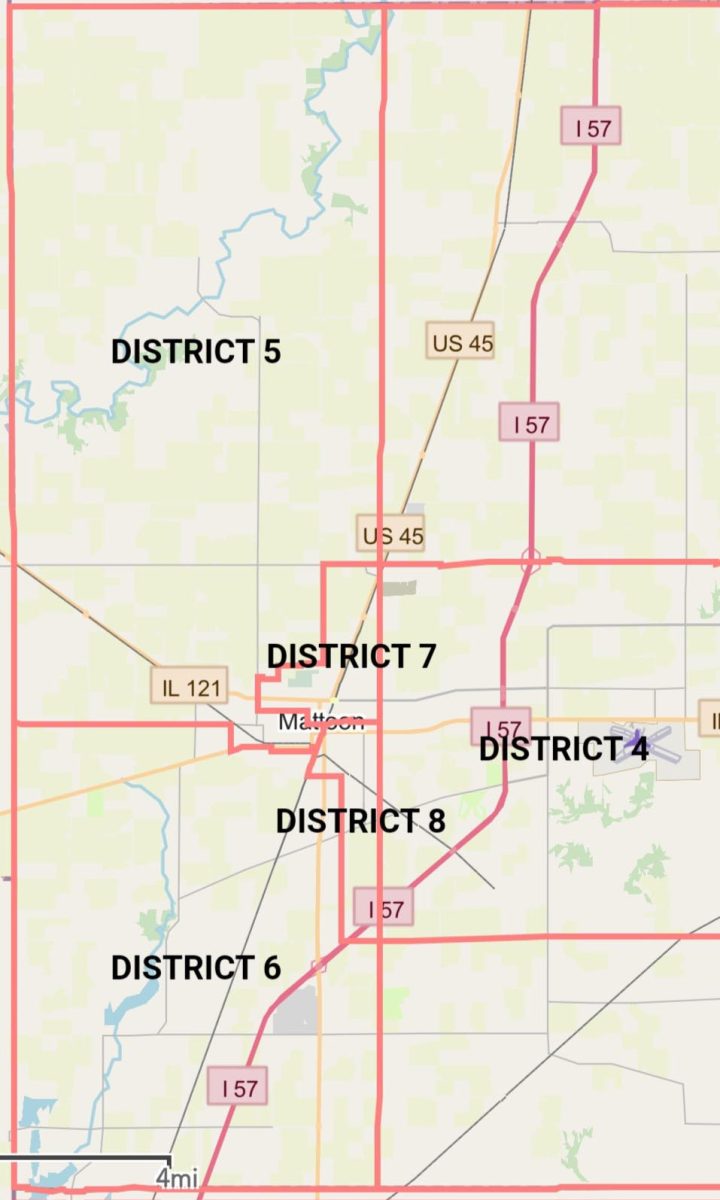COLUMN: In defense of the term Latinx
September 26, 2021
This Latin Heritage Month, I have had more discussions than ever about how we should be referring to those from Latin American countries, considering the community can be defined using several terms.
For a long time now, the most widely used term has been “Hispanic,” but not everyone in the community identifies with that one.
These past few decades, we have more often seen this diverse community be described as “Latino” or “Latina.” Even more recently, we have seen the term “Latinx” pop into the discussion, and that’s where so much controversy has begun.
“Latinx” is a gender-neutral term sometimes used to refer to people of Latin American cultural or ethnic identity.
The term “Latinx” first started circulating in the early 2000s, then started being used as a word for those who do not identify with the male or female gender.
The term purposefully breaks with Spanish’s gendered grammatical rules, since the language itself is very gendered.
For example, while the English language has the term “the kid,” the Spanish language offers two options: “el niño” (male) or “la niña” (female).
A lot of supporters of the term appreciate the way it promotes acceptance of people in the Latinx community who do not fit the binary of male and female.
Critics say that the term does not follow traditional grammar, has a hard pronunciation and disrespects the Spanish language.
Critics also say that the use of the term is a form of linguistic imperialism, as the message of the term seems to be that the entire grammatical system of the Spanish language is problematic.
“Latinx” has become quite common in social media and academic settings, but it has not caught on in mainstream use.
According to a 2020 Pew Research Center national survey of Latin Americans, about one-in-four Latin Americans in the U.S. have heard of the term “Latinx,” but only 3 percent actually use it.
Despite that, the term is one that has been gaining noticeable momentum in recent years.
I personally use the term “Latinx” frequently, but do I think that is the only correct term? Absolutely not!
In fact, I will often refer to myself as Latina, because not only am I proud of the culture I come from, I also have a lot of pride in my identity as a woman.
But as somebody from the Latinx community who cares about LGBTQ+ issues, inclusion is important to me, and I want to make sure that reflects in what I do.
If you don’t identify with the term “Latinx,” that is fine. No one is forcing you to use it! Everyone deserves to self-describe and self-identify in ways that feel right for them.
But there are people out there that do identify with that term. Just how you wouldn’t want anybody to tell you how you should identify, you should not be telling others how they should.
If somebody you know feels comfortable using the term “Latinx,” it would be disrespectful of you to tell them that they shouldn’t.
The community will never settle on a term that works for everyone, so the solution to this years-long debate is simple: Live and let live.
Kyara Morales-Rodriguez is a senior English major. She can be reached at 581-2812 or knmoralesrodriguez@eiu.edu.







































































